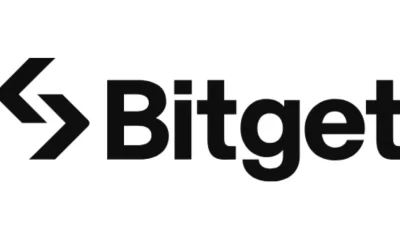Business
Telegram Wallet enforces new KYC rules
Telegram has announced the introduction of stricter Know Your Customer (KYC) measures for its wallet service. This enhancement comes in partnership with a new provider, underscoring Telegram’s commitment to aligning with global financial regulations.
-

 Business4 days ago
Business4 days agoCoinbase Derivatives lists XRP futures
-

 Business3 days ago
Business3 days agoBinance tightens South African compliance rules for crypto transfers
-

 Business3 days ago
Business3 days agoEthereum bounces back as market dominance recovers from all-time low
-

 Business4 days ago
Business4 days agoXRP Ledger Foundation spots ‘crypto stealing backdoor’ in code library
-

 Business5 days ago
Business5 days agoBitget detects irregularity in VOXEL-USDT futures, rolls back accounts
-

 Business1 week ago
Business1 week agoBinance helps countries with Bitcoin reserves, crypto policies, says CEO
-

 Business4 days ago
Business4 days agoEl Salvador works with Nvidia to develop sovereign AI infrastructure
-

 Business4 days ago
Business4 days agoSEC says it won’t re-file fraud case against Hex’s Richard Heart


















